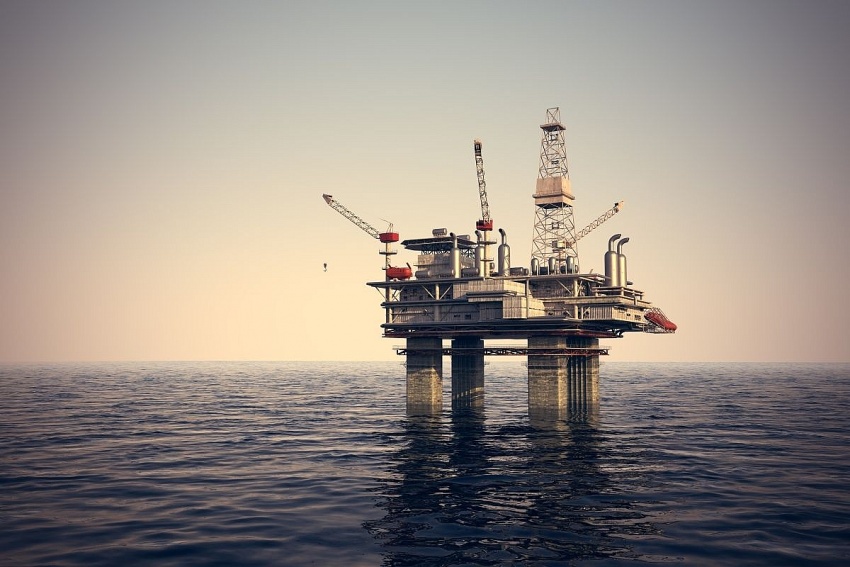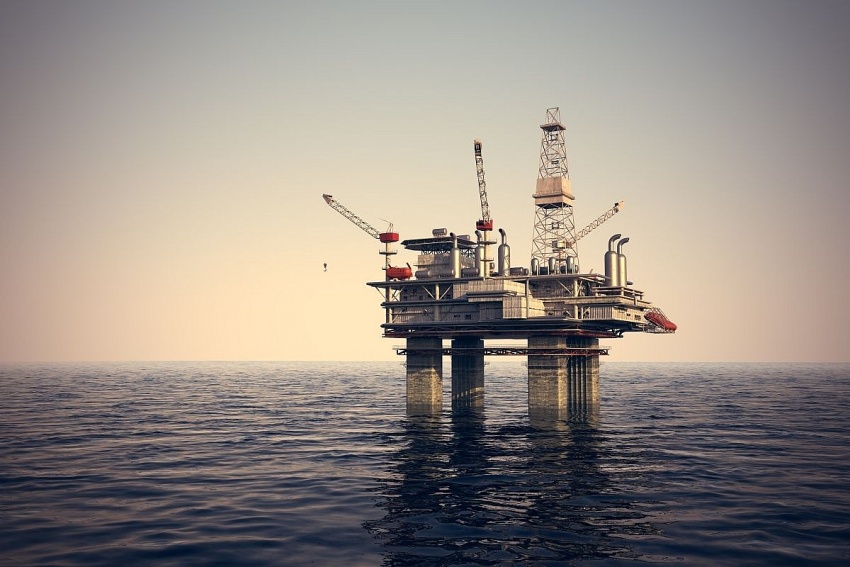 |
| Illustration |
This is certainly the case with Serica Energy, one of the UK’s largest oil and gas suppliers, which operates in the North Sea. The North Sea was once one of the world’s largest oil and gas production areas.
Serica Energy chairman David Latin recently issued a warning to any government concerned about energy security. “The UK is more financially unstable than almost anywhere else on the planet,” he said, as quoted by the Telegraph. “That means we are looking for new places to invest our money. And Norway is where we have the ability to reinvent our business model.”
Mr Latin’s statement is nothing more than confirmation that the Labour government is focused on increasing domestic wind and solar capacity, and funding this growth with oil and gas taxes, which is pushing the oil and gas industry out of business. The UK government is now planning to increase corporate profits tax on the industry, and remove tax incentives for operators.
In addition, there is uncertainty about future energy policy, which makes North Sea oil and gas operators reluctant to invest in exploration in the UK.
“Policy uncertainty reduces our willingness to spend money to accelerate our operations, because if we spend money and the policy changes, we have to start all over again,” the chairman of a relatively small operator, Ping Petroleum, told the Financial Times this week. “People are moving away from mines with significant reserves.”
As Serica’s chairman points out, those leaving the UK’s North Sea will likely find other places to invest their money. But the UK government is unlikely to find another industry it can invest in and then abandon like that. This is a big deal, because Labour has promised a rapid and ambitious transition to wind, solar and hydrogen. And rapid and ambitious things are often much more expensive.
The Financial Times reports that tax revenue from the oil and gas industry was nearly £10bn last year, but this will fall sharply over the next five years, to just over £2bn by 2028. This will not be enough to fund what the Labour government calls Great British Energy – a state-owned transition vehicle to finance the energy transition.
“If the government implements the kind of corporation tax they are talking about, you are going to have a cliff edge in UK energy production because the industry is going to be taxed to the point where it is not competitive,” Stifel analyst Chris Wheaton told the Financial Times. “That would cause a huge decline in investment and therefore production and employment, and a huge impact on energy security.”
In other words, if oil and gas operators currently operating in the UK’s North Sea want to ensure their long-term survival, they should look elsewhere. For Serica, Norway is a no-brainer. If it doesn’t work out there, the company will look elsewhere, according to its chairman. The bottom line is that the company will no longer supply oil and gas to the UK. And if others follow suit, thousands of jobs will be lost, and the UK will ironically become more dependent on energy imports.



